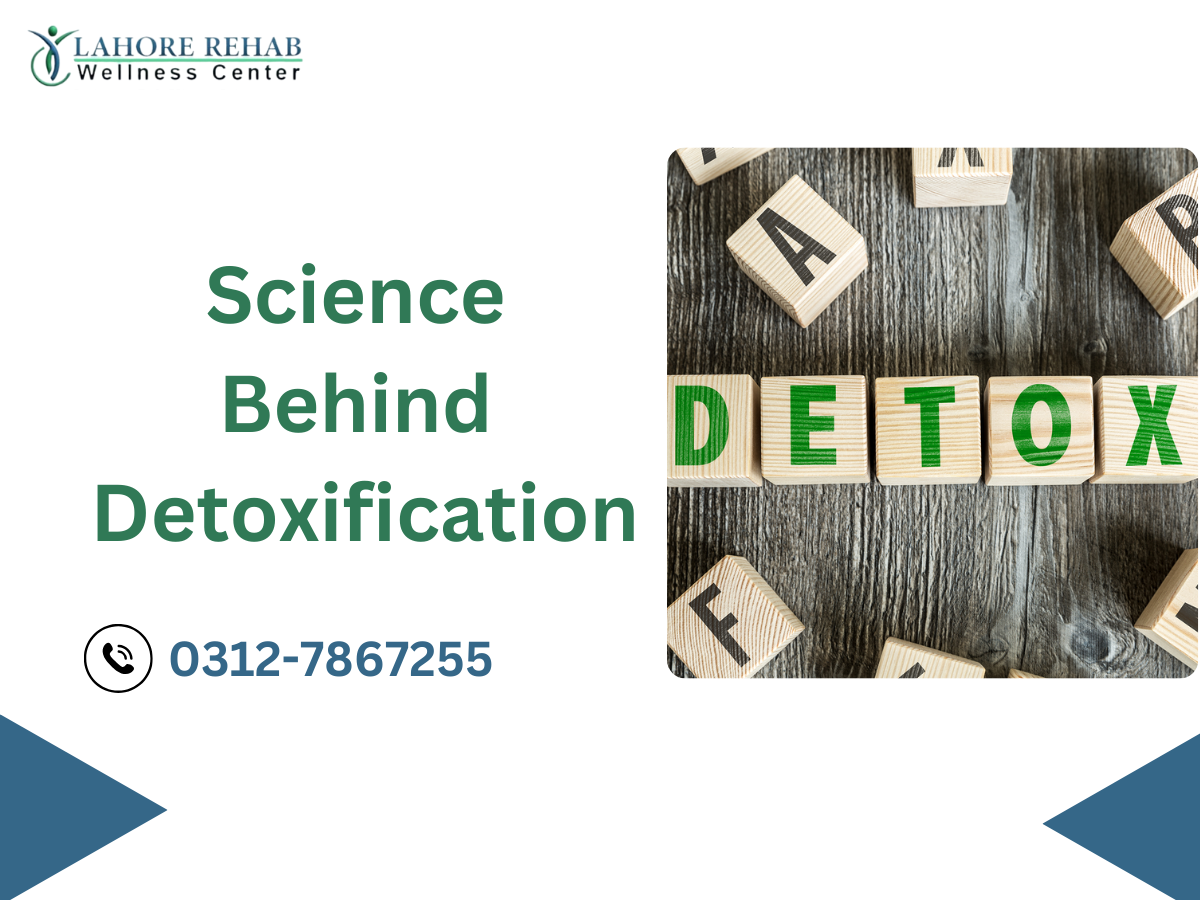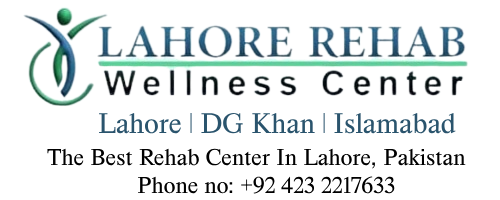
Detoxification, commonly known as “detox,” is a process designed to rid the body of toxins, whether
they stem from substances like drugs and alcohol or are a natural buildup of harmful chemicals. While
the term is often associated with trendy cleanses, medical detoxification is a crucial step in addiction
recovery and overall health. In this blog, we’ll explore the science behind detox, what happens during
the process, and why it’s essential for physical and mental well-being.
Detoxification is the body’s natural way of eliminating harmful substances through organs such as the
liver, kidneys, lungs, and skin. In the context of addiction recovery, detox refers to the supervised
process of clearing drugs or alcohol from the system.
The primary goal of detox is to safely manage withdrawal symptoms and prepare the body for further
recovery. Unlike popular detox diets, medical detox focuses on overcoming physical dependency and
stabilizing the individual for long-term healing.
The human body is equipped with an efficient detox system. Here’s how it works:
Medical detox is a carefully managed process that involves three key stages:
During this initial phase, medical professionals assess the individual’s health to create a personalized
detox plan. This evaluation includes:
Physical Exam: To identify any underlying health issues.
Toxicology Screening: To determine the levels of substances in the body.
Mental Health Assessment: To address co-occurring disorders like anxiety or depression.
Withdrawal symptoms occur when the body reacts to the absence of a substance it has become
dependent on. These symptoms vary depending on the substance and duration of use but often include:
Physical Symptoms: Nausea, sweating, tremors, headaches, or seizures.
Emotional Symptoms: Anxiety, irritability, mood swings, or depression.
Cravings: Intense desires to use the substance again.
The brain plays a significant role in withdrawal. Substances like drugs and alcohol disrupt the brain’s
reward system, leading to dependency. When these substances are removed, the brain struggles to
regain balance, causing withdrawal symptoms.
Detoxing without medical supervision can be dangerous, especially for substances like alcohol, opioids,
or benzodiazepines. Potential risks include:
Severe Withdrawal Symptoms: Such as seizures, hallucinations, or delirium tremens (DTs).
Dehydration: Due to excessive sweating or vomiting.
Relapse: Without support, the temptation to resume substance use is high.
A medically supervised detox ensures safety and comfort throughout the process.

0312-7867255
0303-7867255
042-32217633
Lahore Rehab Center